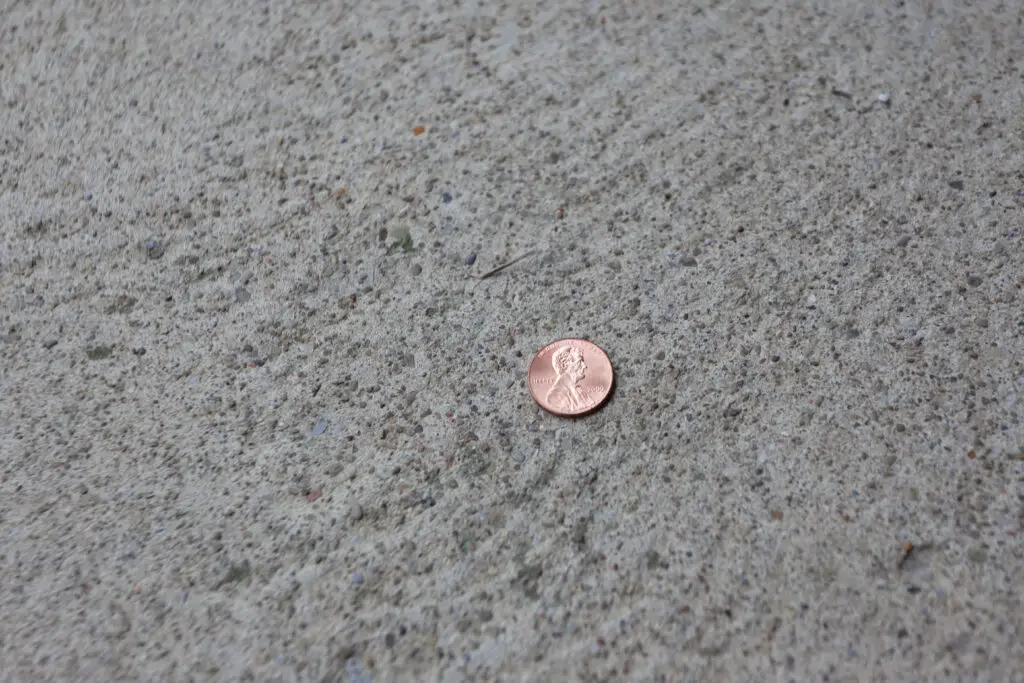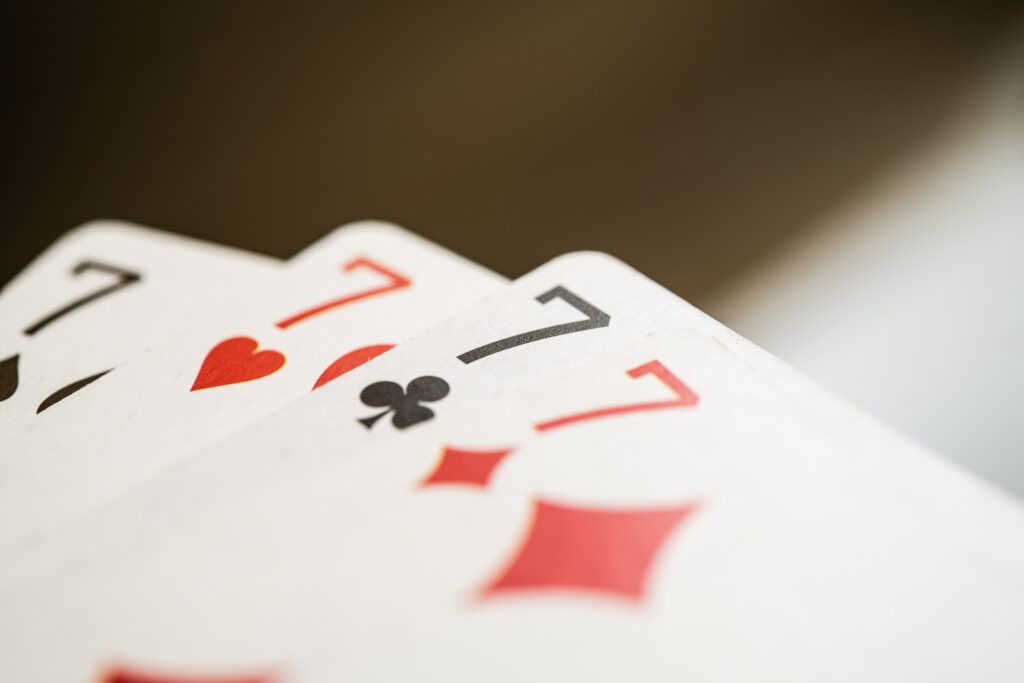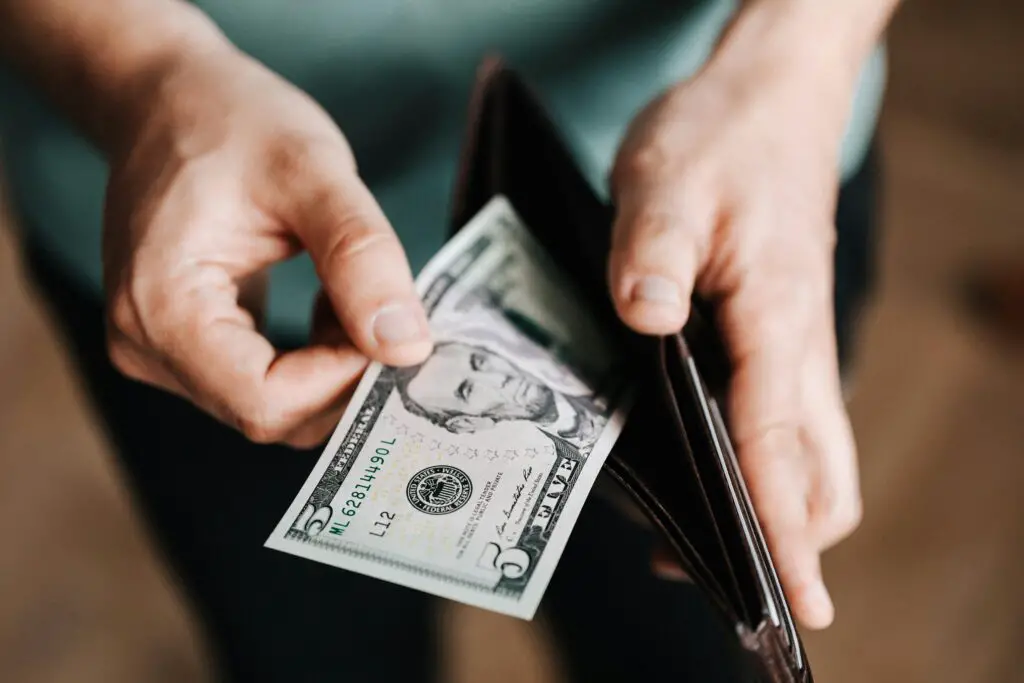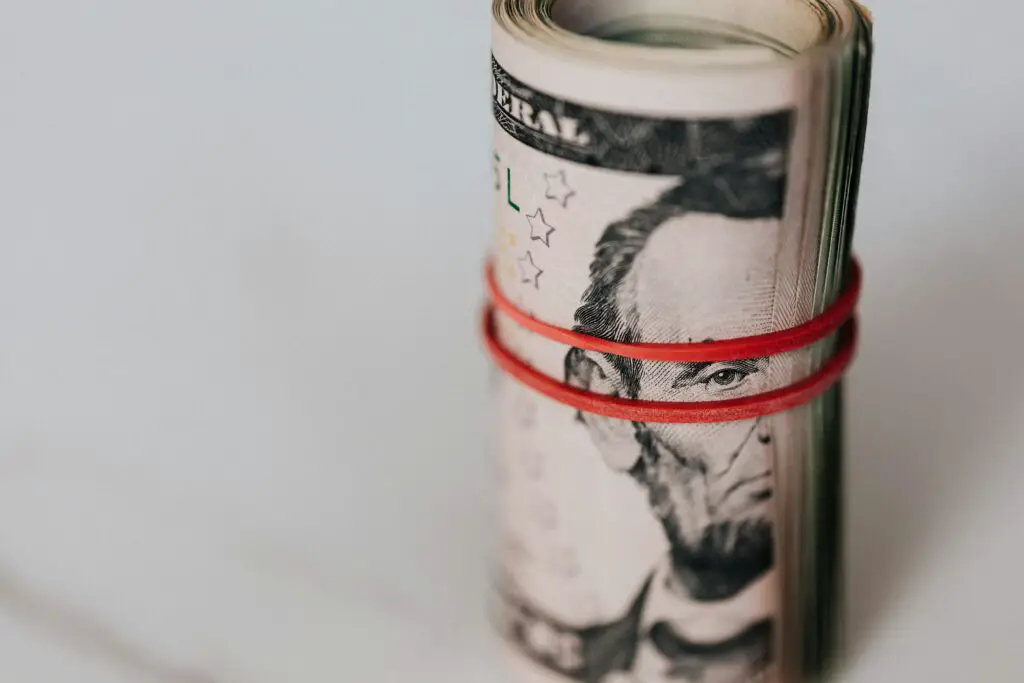1. Finding a Penny Brings Good Luck

It’s the kind of superstition that’s become part of our daily lives—finding a penny, especially if it’s heads-up, is a sign of good fortune. Generations of people have bent down to pick up a penny, thinking it’s a way to attract wealth or ward off bad luck. The belief is rooted in ancient customs that linked the metal to prosperity and protection. Pennies, once made of copper, were seen as symbols of abundance and were thought to bring the person who found them extra good luck, especially when found on the street.
While it might sound silly today, this superstition has endured for decades. Whether it’s a random penny on the sidewalk or one that falls out of a pocket, people still believe that picking it up will somehow bring them good fortune. This old saying, “Find a penny, pick it up, and all day long, you’ll have good luck,” has guided generations, with many treating it like an automatic action. Some even believe that the luck is doubled if the penny is found heads-up, making it all the more worth picking up.
2. The “Lucky” Number 7

For centuries, the number 7 has been seen as a lucky number, especially when it comes to money. From winning lottery tickets to successful business ventures, people have long believed that 7 holds a special place in the world of finances. This superstition likely stems from the ancient connection between the number 7 and perfection or completeness in various cultures, including Christianity, where the seventh day marks the completion of creation. Over time, it evolved into the belief that 7 is a number that brings luck, especially in financial matters.
Whether it’s choosing the 7th number in a set of lottery picks or using the number for a lucky slot machine spin, many people still turn to 7 when seeking wealth. This superstition is so ingrained in our society that it can influence everything from choosing phone numbers to making big business decisions. It’s a symbol of hope and good fortune, particularly when it comes to attracting wealth and success in life. For generations, 7 has been a go-to lucky number, a beacon of financial possibility.
3. The Evil Eye Protects Your Wealth

The belief in the “evil eye” is an ancient superstition that has been passed down through various cultures, often tied to wealth and prosperity. The idea is simple: someone’s envious gaze could bring misfortune or bad luck to your financial life. To counteract this, people have used amulets, charms, and symbols—many in the shape of an eye—to ward off negative energy. The most famous of these is the blue glass eye, often worn as jewelry or displayed in homes and businesses to prevent envy from interfering with success.
For many generations, the evil eye wasn’t just a superstition; it was an essential part of protecting one’s wealth. The belief was that if you could block the curse of the evil eye, your wealth and prosperity would be safe. This superstition extended beyond personal finances, as people also believed it could protect their businesses or crops from misfortune. By wearing a charm or hanging one above their door, people felt more secure in their financial endeavors.
4. Never Count Your Money Before You Make It

This superstition is often cited by those who believe that talking about your money before it’s in your hands invites bad luck. The belief is that if you count your money or make plans for it before it’s actually earned, it will somehow slip through your fingers or disappear. It’s a cautionary superstition that serves as a reminder to keep your expectations grounded and not take anything for granted. Some people also believe that it’s disrespectful to boast about financial gains before they’re fully realized.
For generations, this superstition has kept people humble, reminding them that financial security is never guaranteed. It encourages patience and a sense of realism, ensuring that you don’t get ahead of yourself. People who abide by this superstition often keep quiet about their income or potential windfalls, focusing on their work instead of counting on an uncertain future. It’s the kind of superstition that helps temper the highs of financial success with a little caution.
5. A Full Wallet Means a Full Life

One of the most comforting financial superstitions is the idea that a full wallet signifies a life of prosperity. Many cultures believe that keeping your wallet full of money, even if it’s not a large sum, symbolizes abundance and ensures that money will continue to flow in. The idea is simple: if your wallet is full, it’s an indicator that wealth will always be within reach. People who followed this superstition often made sure to never leave the house with an empty wallet, believing that doing so would invite financial trouble.
For years, this belief has been linked to the notion of abundance—if your wallet is never empty, neither will your life be. The superstition extends beyond money itself, symbolizing that you’re open to receiving prosperity and success. People from various generations believed that by maintaining a well-stocked wallet, they could create a psychological barrier against bad luck and financial struggles. It’s a charming belief that turned simple wallet habits into a form of financial affirmation.
6. Tossing a Coin Into a Fountain Brings Wealth

Fountains have long been associated with wishes, but did you know that tossing a coin into a fountain was also a superstition related to wealth? The idea behind this superstition is that throwing a coin into a fountain, especially while making a wish, will help attract financial success. This custom is rooted in ancient Roman traditions where fountains were seen as a place where water gods could be appeased, ensuring good fortune. People believed that by offering a coin, they were symbolically giving something of value in return for a blessing of wealth.
Generations of people have visited fountains, tossed a coin, and made their wish for a prosperous future. In some cultures, it was considered a ritual of good luck for those hoping to secure a better financial future. For many, this small act of tossing a coin was a way to feel like they were doing something to ensure that their financial dreams would come true. Whether it was a local fountain or a famous landmark like Rome’s Trevi Fountain, the superstition remained a fun yet meaningful way to keep wealth flowing into their lives.
